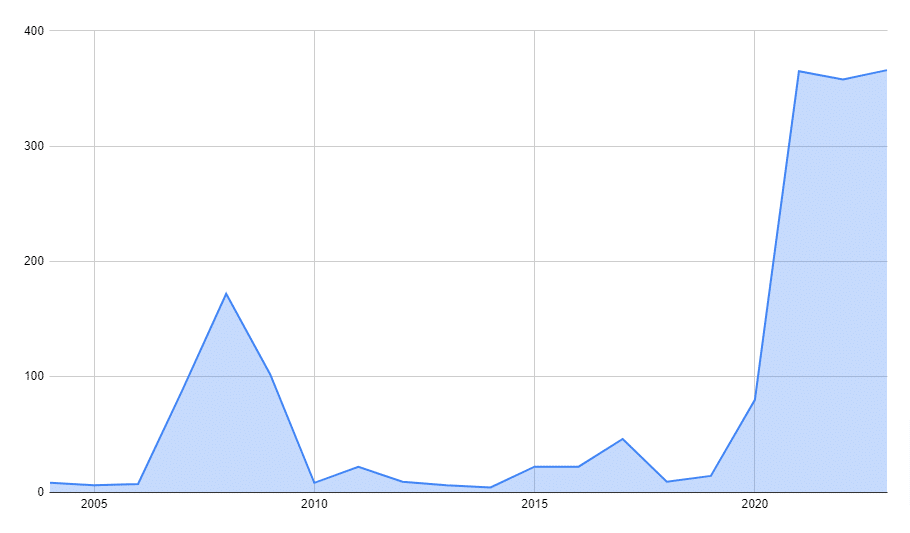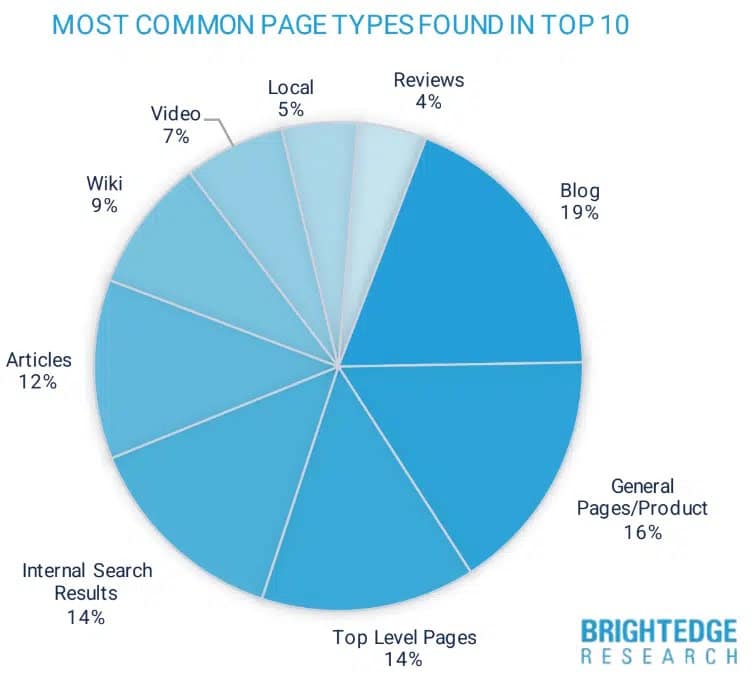When I’m in a group or doing a Q&A after a talk, and someone asks a question I’ll often respond with “that’s a great question” as I begin to unpack it.
However, in Michael Port’s book “Steal the Show“, he thinks that’s a very bad idea:
Never say, “That’s a great question!” I rarely say never do something, but this is an exception. If some questions are great, what are the other questions, bad ones? It’s natural to get excited about a particular question and inadvertently express your appreciation. However, you can reframe your response with a little forethought. Try instead, “That’s the first time anyone has asked me that,” or “That’s a different way to think about it.” Or, better yet, just answer the question with excitement without qualifying the worth of the question.
While I agree with his statement above, I think perhaps he’s overdoing it. I can appreciate his suggestions, but I’m not sure “that’s a great question” is as bad as he’s making it out to be. Still, in an effort to improve, it’s one I’ll try to get rid of.
In this case, the key for me is remembering the alternatives so I can have them on the tip of my tongue when I feel like I want to say “that’s a great question”. Beyond his two suggested replacements, perhaps the third option is best and just dive excitedly into the answer.
What do you think? Is it kind of a bad thing to say “that’s a great question”?



